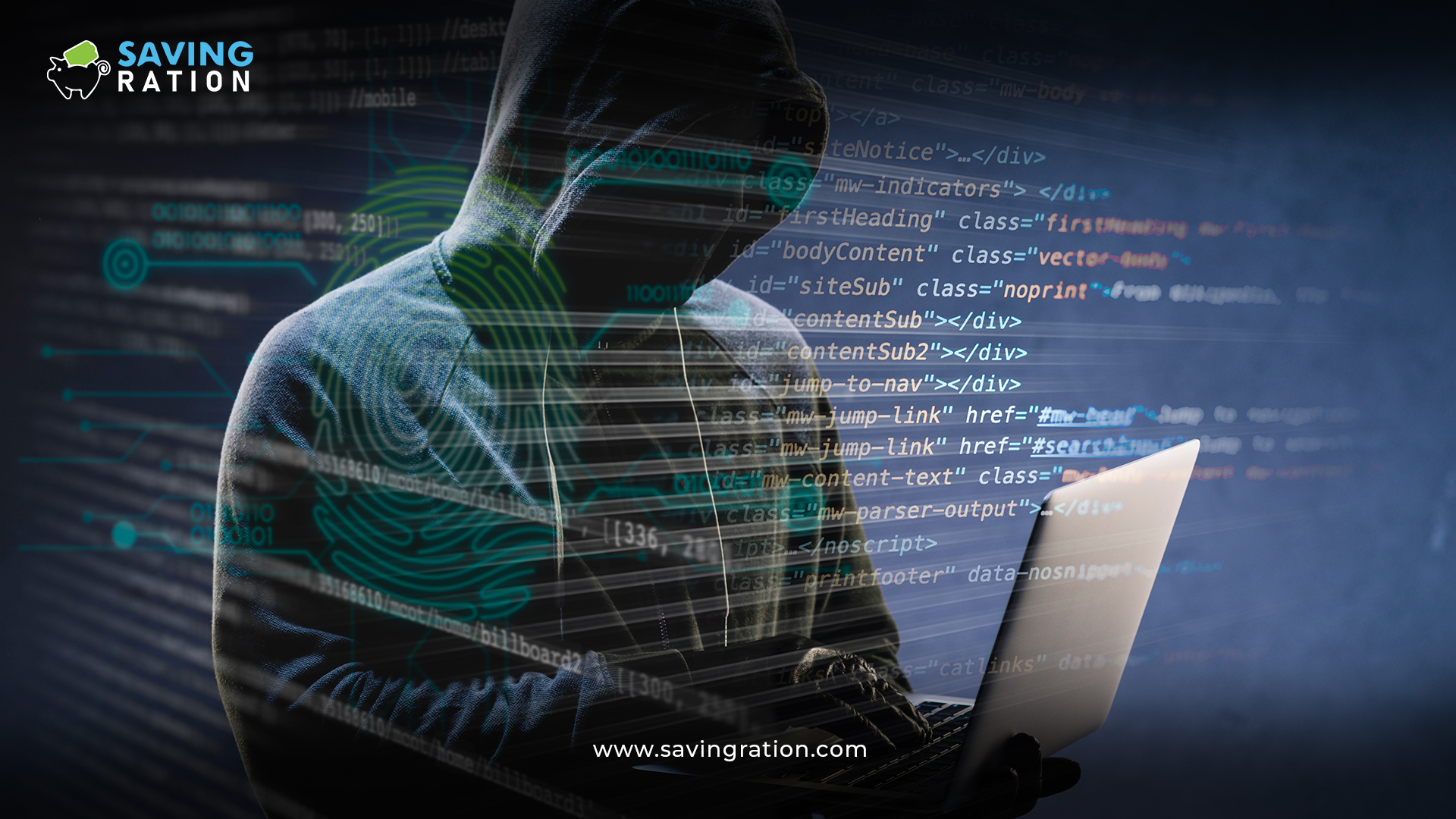
On 29 March, I chaired the fourth episode in our Fraud Cast series where our panel of PwC specialists discussed how the risk of fraud is evolving. We explored some of the social and economic factors driving the changes we see and how they have a direct fraud related impact on companies and individuals.
I know from conversations I have with clients that this is a more pressing issue than ever. Our audience polling reflected this, with over three quarters seeing an increase in fraud risks such as cyber security and scams against a backdrop of high interest rates, high inflation, and supply chain and labour market disruption. This expanding and evolving risk landscape made for a really fascinating conversation (and the webcast is available to watch on-demand).
It’s obvious that reacting to the rate of change is a key priority for businesses. At the same time, fraud has risen to 41% of all reported crime, an increase of 25% since 2020* and the complexity of these crimes is only increasing. What is becoming more apparent for businesses is that any strategic reaction to the rate of change should also address concerns around the consequential fraud risks.
The pace of change is putting significant pressure on organisations. A third of the webcast audience stated that technological advances were the top driver for change that’s affecting their business, followed by changes in regulation. Business leaders who are therefore juggling not only economic pressures, but also evolving legislation and the impact of automation and virtual working, are struggling to identify where their fraud prevention focus should be. This changing risk landscape, and how organisations should respond to it, has been a key driver of many of my client conversations over the last two years.
These conversations have helped clients understand how the changing environment has impacted their fraud risks. They have also led to valuable discussions about how those risks might be addressed, given that investment in preventative measures is often far less costly than dealing with the consequences of a fraud. From my experience, there are three broad questions on the minds of those who have strategic responsibility for fraud:
To help organisations start to address these questions, we have developed “Fraud in a Changing World”. This guide to fraud trends and how to respond provides some of our insights into these issues, based on our interactions with our clients and work we have delivered to prevent, detect and address fraud in the past few years.
This is by no means exhaustive, and we have experienced professionals and subject matter experts to help support your organisation through these changes. If you have any concerns, then please reach out to me or the wider team directly and we’ll be happy to support you with developing your strategic response.